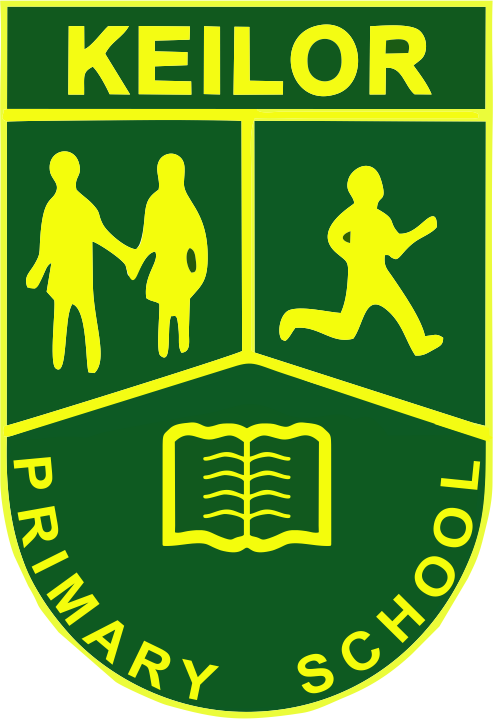Health & Physical Education
Health and Physical Education focuses on students enhancing their own and others’ health, safety, wellbeing and physical activity participation in varied and changing contexts. Research in fields such as sociology, physiology, nutrition, biomechanics and psychology informs what we understand about healthy, safe and active choices.
Health and Physical Education offers students an experiential curriculum that is contemporary, relevant, challenging, enjoyable and physically active.
Visual Art
Through Visual Arts, students make and respond using visual arts knowledge, understanding and skills to express meanings associated with personal views, intrinsic and extrinsic worlds.
Visual Arts engages students in a journey of discovery, experimentation and problem-solving relevant to visual perception and visual language, utilising visual techniques, technologies, practices and processes.
Learning in the Visual Arts leads students to become increasingly confident and proficient in achieving their personal visual aesthetic, appreciating and valuing that of others.
Performing Arts
Students in Prep to Grade 2 engage in 1 hour of Performing Arts with their specialist teacher each week. The 3 core elements of Performing Arts are dance, music and drama.
Dance enables students to develop a movement vocabulary with which to explore and refine imaginative ways of moving both individually and collaboratively. They choreograph, perform and appreciate as they engage with dance practice and practitioners in their own and others’ cultures and communities.
Music has the capacity to engage, inspire and enrich all students, exciting the imagination and encouraging students to reach their creative and expressive potential. Skills and techniques developed through participation in music learning allow students to manipulate, express and share sound as listeners, composers and performers. Music learning has a significant impact on the cognitive, affective, motor, social and personal competencies of students.
Drama enables students to imagine and participate in exploration of their worlds, individually and collaboratively. Students actively use body, gesture, movement, voice and language, taking on roles to explore and depict real and imagined worlds. They create, rehearse, perform and respond using the elements and conventions of drama and emerging and existing technologies available to them.
At the end of the year students have an opportunity to perform to family and friends at our annual Christmas Concert. The event is always well attended and students thoroughly enjoy the opportunity to share what they have learnt over the course of the year.
Science
The Science curriculum provides opportunities for students to develop an understanding of important scientific concepts and processes, the practices used to develop scientific knowledge, the contribution of science to our culture and society, and its applications in our lives. The curriculum supports students to develop the scientific knowledge, understandings and skills to make informed decisions about local, national and global issues and to participate, if they so wish, in science-related careers.
Italian
Students study Italian because the study of a language contributes to the overall education of students, particularly in the areas of communication, inter-cultural understanding and Literacy.
Students learn to interact with the teacher and peers to greet and introduce themselves. They participate in everyday classroom routines, language games and a variety of language activities aligned with the Victorian Curriculum focusing on the main skills of listening and speaking, reading and writing in Italian.
Inter-cultural awareness is developed by learning about the importance and significance of Italian traditions such as Carnevale in the Italian culture.





